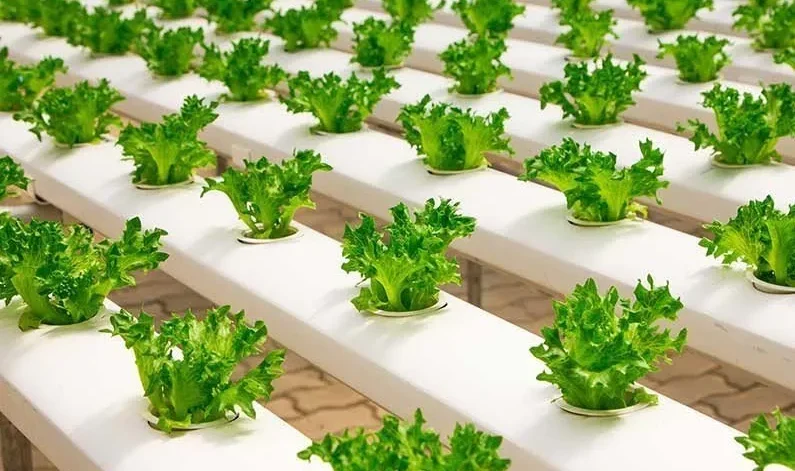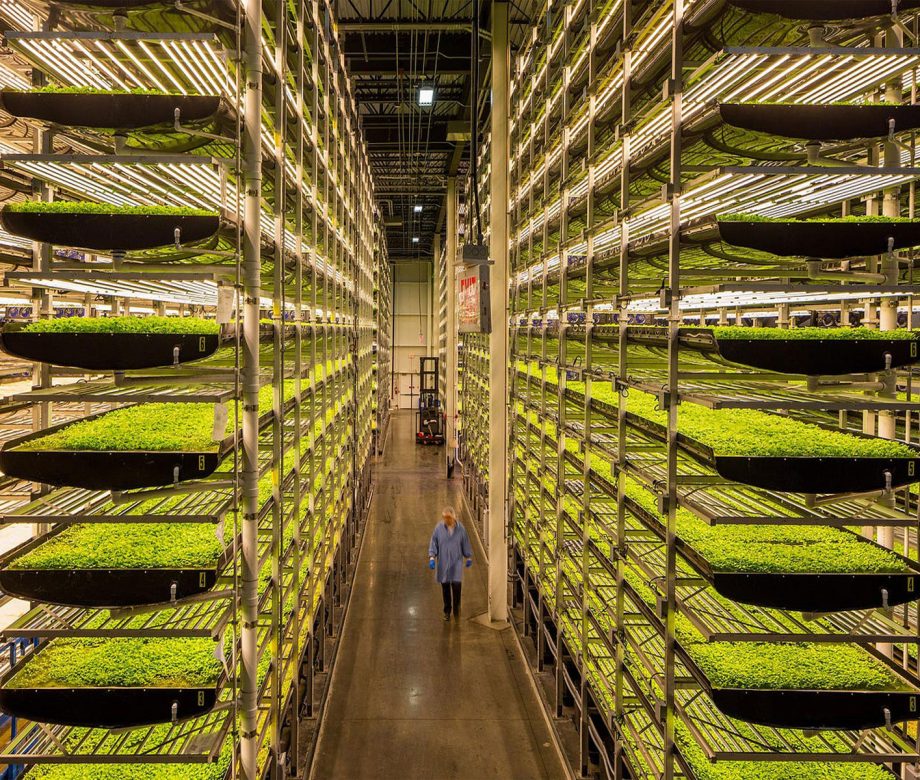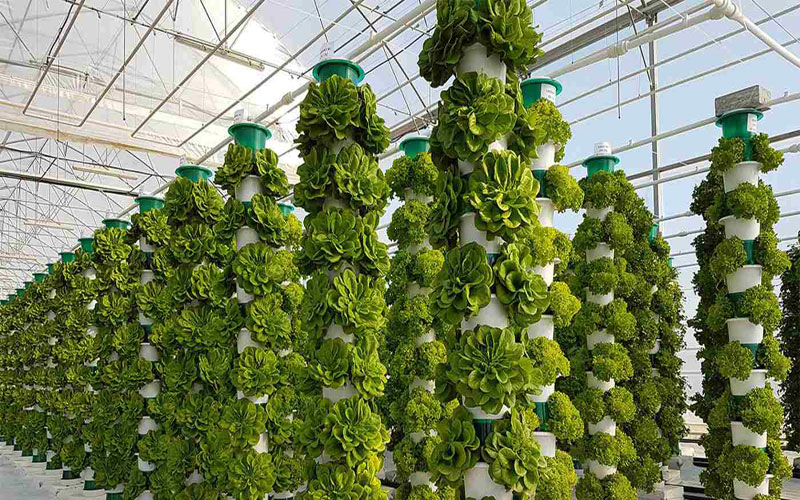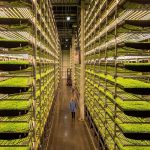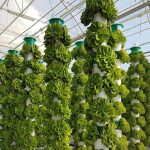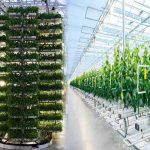Urban farming has gained increasing interest in today’s world. With the rapid growth of urban populations and the decrease of rural areas, issues such as food security and sustainability have become prominent. Urban farming offers a solution to these challenges by promoting food production within cities. In this article, we will explore the advantages of urban farming and the opportunities it presents for cities.
Food Security in Cities: The Importance of Urban Farming
Urban farming provides a significant opportunity to ensure food security in cities. By producing fresh fruits and vegetables within urban areas, easy access to healthy and nutritious products can be facilitated. Moreover, cities meeting their own food needs helps reduce the demand for food from rural areas, thus alleviating food security concerns. These advantages of urban farming offer a more environmentally friendly approach by shortening the food supply chain.
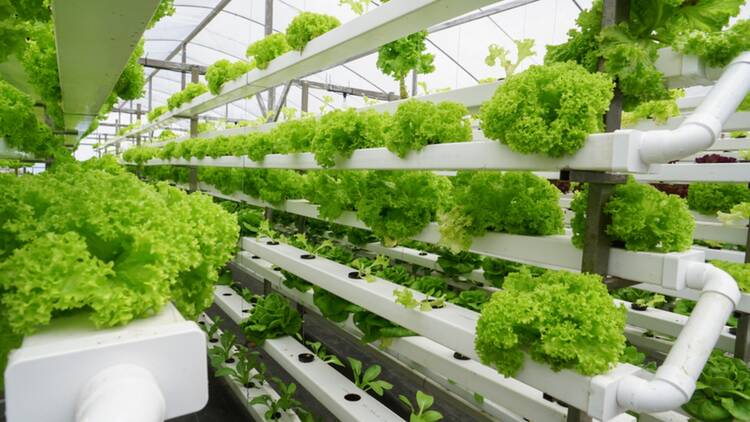
Sustainable Cities: Environmental Impacts of Urban Farming
Urban farming contributes to the achievement of environmental sustainability goals in cities. The use of green spaces within or around cities for agricultural purposes helps preserve natural habitats and increases biodiversity. Additionally, implementing organic farming methods in urban farming reduces the use of chemical fertilizers and pesticides, resulting in less harm to the environment.
Community Engagement and Education: Social Impacts of Urban Farming
Urban farming encourages community engagement and enhances social interaction. Urban residents have the opportunity to produce their own food and engage with each other in the process. Moreover, urban farming plays an educational role by providing opportunities for teaching agricultural skills and raising awareness. Urban farming projects organize educational programs through schools, community centers, and urban farms, imparting knowledge and experience about agriculture to children and adults. This enables urban dwellers to understand natural resources and contribute more to sustainable farming practices.
Economic Potential: Job Opportunities in Urban Farming
Urban farming creates new job opportunities in cities. Urban farms serve as platforms for the production and marketing of organic products. Furthermore, collaborations with restaurants, hotels, and markets within the city enable the sourcing of local products. This contributes to the local economy and can serve as a solution to unemployment.
Urban farming offers a significant opportunity for sustainability and food security in cities. By utilizing green spaces for farming, it increases food production while reducing environmental impacts. Additionally, it promotes community engagement, creates educational and job opportunities. Urban farming projects help cities create more sustainable and healthy living spaces. Therefore, the promotion and support of urban farming are crucial steps towards creating livable and sustainable cities in the future.

